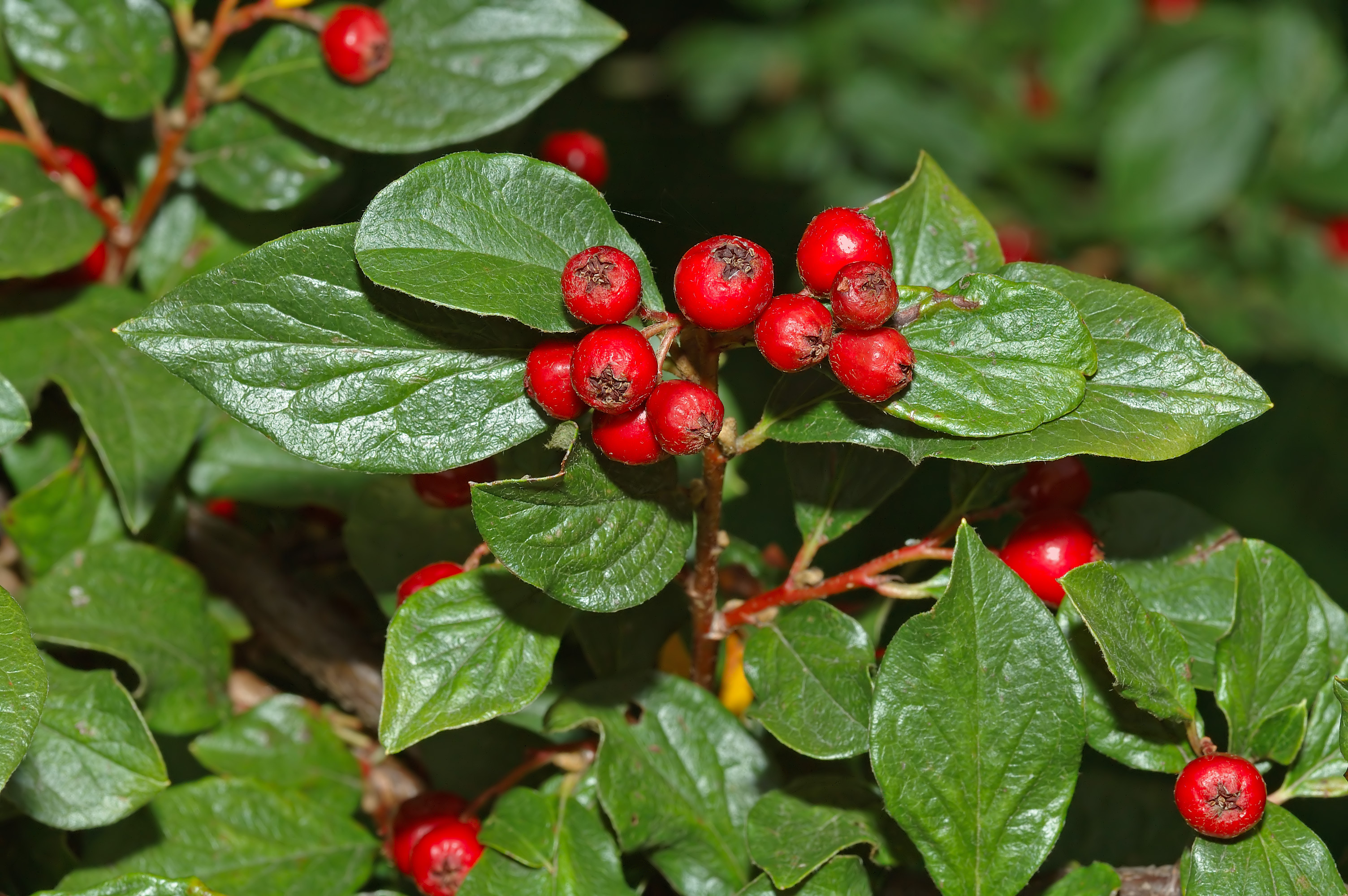We who have gardens that are plunged in shade are ever grateful to the trusty hosta family. But did you know they have not always been called hostas?
Indeed, this plant used to go by the name funkia. I feel it is a pity that this cute word lost out, because I would like to be able to talk about my funkias.
Although the plant is originally from Asia, neither word is of Asian origin. Both are derived from the names of European scientists: "funkia" from H. C. Funck (1771–1839), a Bavarian pharmacist and botanist, and "hosta" from N. T. Host (1761–1834), an Austrian physician and botanist.
I have only ever heard "hosta" pronounced "HOSS ta", but American dictionaries tell me that in the US "HOE sta" is more common. How do you pronounce it?
Another name for the hosta is "plantain lily", because of its similarity to these plantains, which also grow in my garden but make me less happy than my hostas:

You would think a plantain is called this because, well, it's a plant. But the origin is a quite different "plant": Latin planta (sole of the) foot. Plantains, as you can see, have broad, flat, prostrate leaves looking not unlike a foot. Well, if you use your imagination.
Another pronunciation surprise awaited me when I looked up "plantain" and discovered that I should not be calling it a "plan TANE" as I have always thought, but a "PLAN t'n". The same holds true for the other "plantain", a starchy type of unsweet banana.
 |
| fried plantains |
Looking at the Canadian Oxford Dictionary, I see that I wasn't allowing any of this "PLAN t'n" nonsense in it, no matter what all the other dictionaries say. To be so bold, we must have done a survey of Canadians about their pronunciation of this word. How do you pronounce it? (Please don't tell me I was wrong!)
For more gardening-related posts, please click here:
http://katherinebarber.blogspot.ca/2016/06/gardening-related-wordlady-posts.html
SPOTS STILL AVAILABLE FOR TEA AND CANADIANISMS NEXT TUESDAY! More info here:
http://katherinebarber.blogspot.ca/p/speaking-engagements.html
Would you like to know more about the surprising influence that Hebrew and Yiddish have had on English over the years? Come to my entertaining "Tea and Wordlady" talk on July 12. No knowledge of Hebrew or Yiddish necessary. BOOK BY JULY 5. More info here:
http://katherinebarber.blogspot.ca/p/speaking-engagements.html
Do you enjoy Wordlady? Please share with your friends on social media by clicking on the buttons below.
COMING THIS FALL! My ever-popular Rollicking Story of the English Language course. REGISTRATION NOW OPEN AND SPACE IS LIMITED. More info here: http://katherinebarber.blogspot.ca/p/history-of-english-language-courses.html
P.S.
If you find the English language fascinating, you might enjoy regular
updates about English usage and word origins from Wordlady. Receive
every new post delivered right to your inbox! SUBSCRIPTION IS FREE! You can either:
use
the subscribe window at the top of this page
OR
(if you are reading this on a mobile device): send me an email with the subject line SUBSCRIBE at wordlady.barber@gmail.com
Privacy policy: we will not sell, rent, or give your name or address to anyone. You can unsubscribe at any point.








